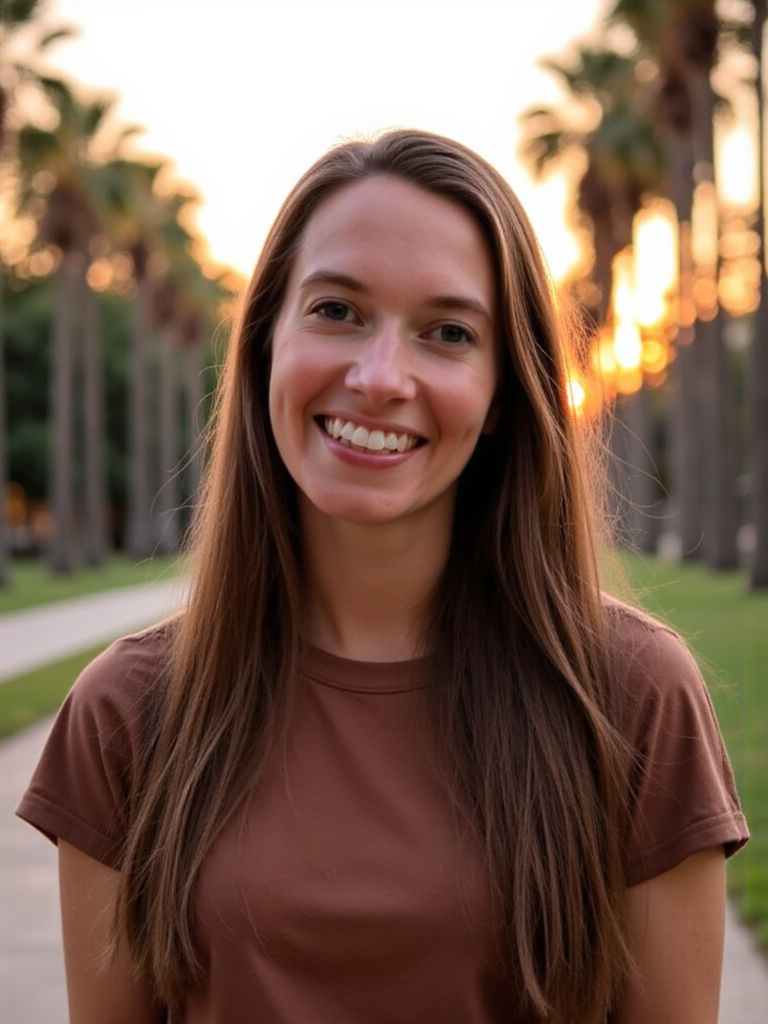Colleen O'Briant
| Research | Teaching |
 Curriculum Vitae Assistant Professor of Teaching in Economics, UC Riverside Fields: Applied Econometrics, Machine Learning, Industrial Organization Email: colleen.obriant at ucr.edu Github: cobriant |
My research agenda is on bridging the gap between Econometrics and Machine Learning, especially with respect to dynamic models of discrete choice in AI and Industrial Organization.
Working Papers:
The Econometrics of Inverse Reinforcement Learning I bridge the gap between the Nested Fixed Point algorithm (Rust, 1987) and two Max-Margin Inverse Reinforcement Learning algorithms (Ng and Russell, 2000 and Abbeel and Ng, 2004) to estimate models of dynamic discrete choice on a GridWorld environment. Comparing Inverse Reinforcement Learning to Rust's Estimator I analyze publicly available 2013 taxi data to compare the practical capabilities of Inverse Reinforcement Learning (IRL) and Nested Fixed Point (NFXP) methods in estimating payoffs for New York City taxi drivers during the morning commute. Limited Attention and New Product Adoption for Marijuana Dispensaries I use an instrumental variables approach to measure how small business owners may misattribute noise for profit signals. |
UC Riverside:
University of Arkansas:
University of Oregon:
Other Projects:
|
|---|